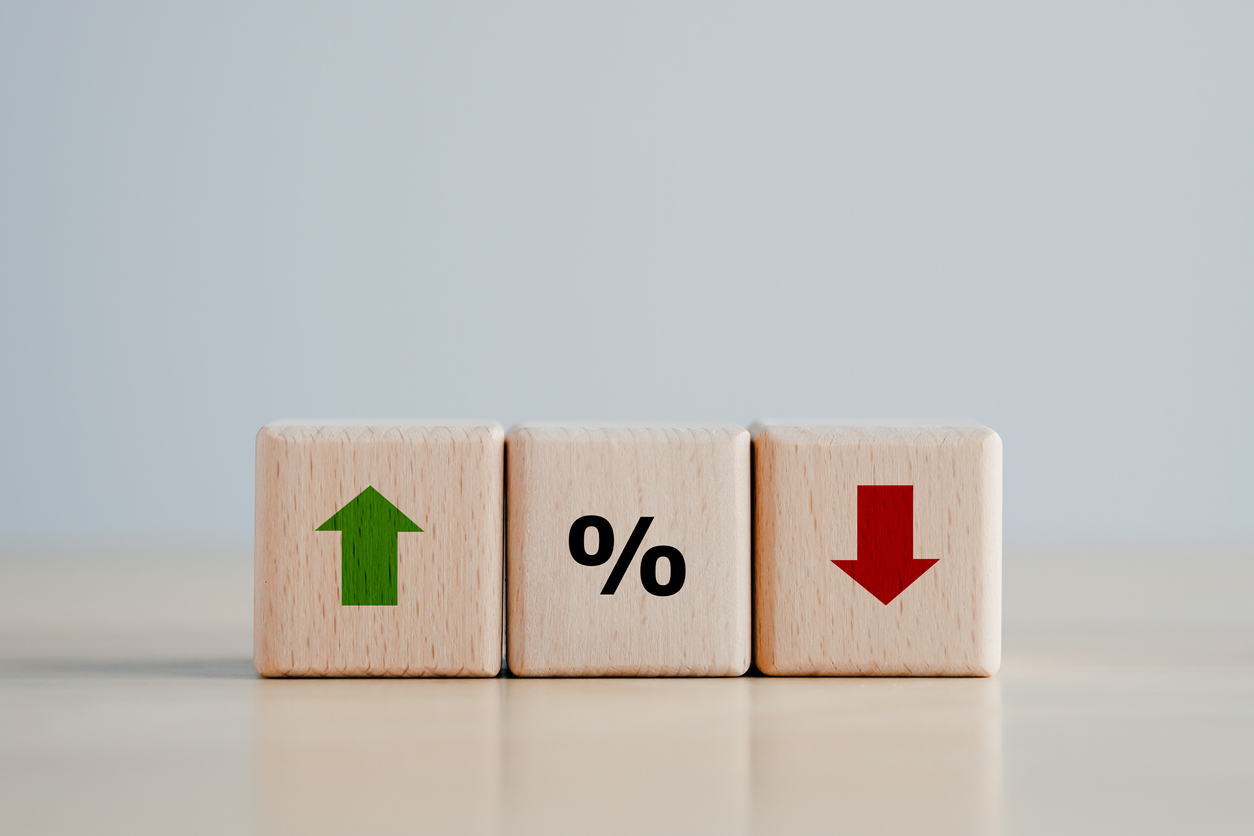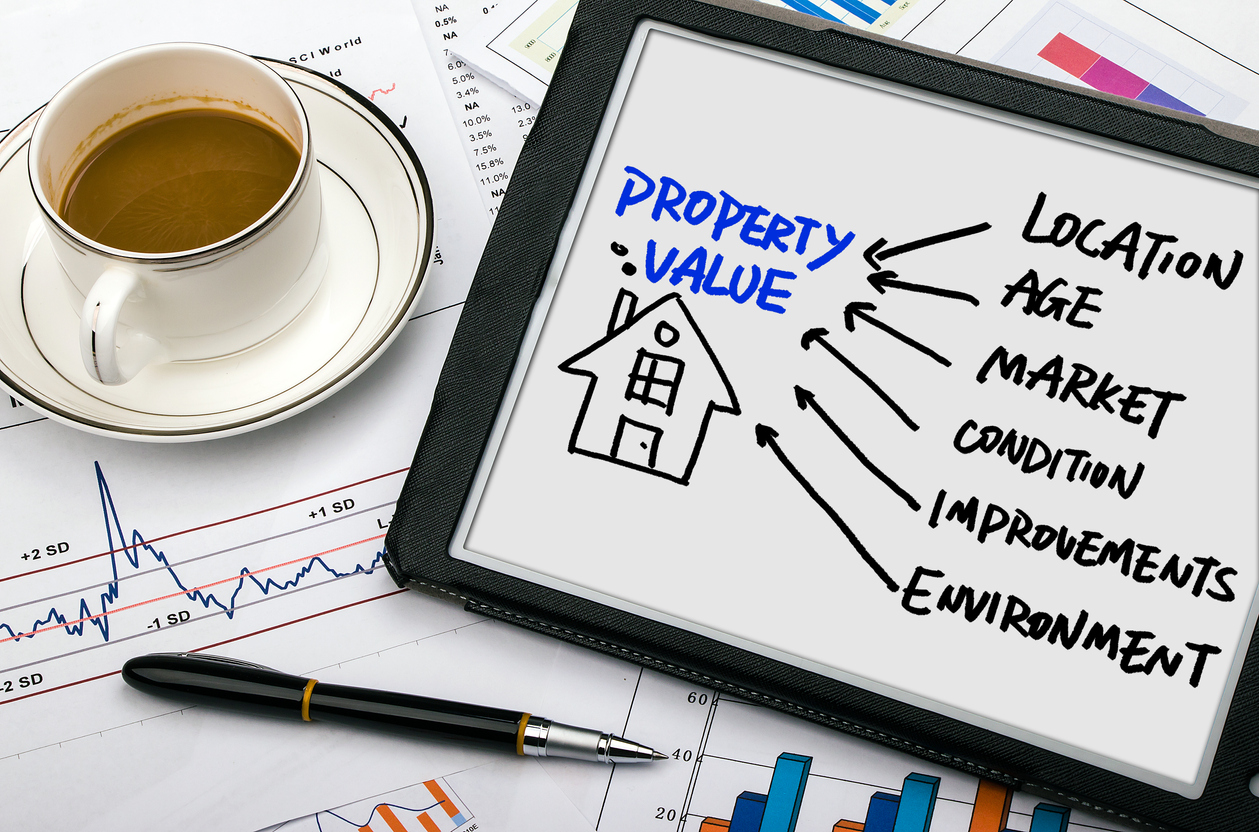How To Shop For A Home Loan

One of the first steps in the home buying process is gaining pre-approval for a mortgage loan. This gives you a realistic idea of the home prices that you can afford and allows you to make a strong offer when you do find the right house. While there are a lot of factors that impact your loan approval and the interest rates that lenders will offer, there are a few steps you can take to make sure that you’re getting the best home loan and mortgage rate.

A look at mortgage rates
As of mid-September of 2022, the average national mortgage rate for a 30-year fixed rate loan broke 6 percent for the first time since 2008. We’re seeing the continued effects of inflation on the housing market, with mortgage rates and prices rising throughout the nation. These higher rates and prices have begun to slow the housing frenzy. In July, the median home sale price in New York City was $775K, a -1% change year-over-year. There were a total of 3342 transactions, down 21% compared to the same month last year. However, according to NAR, determined homebuyers are still purchasing homes, mostly because buyers can lock in a fixed monthly payment that is no longer susceptible to inflation like rent prices are.
Because of the stability that homeownership offers; units that are priced right, at least according to today’s standards of home prices, are attracting more potential buyers and receive more than one offer. To help buyers stand out in the market, it’s more important than ever to get preapproved for a home loan. Lenders look at a variety of factors when determining if you qualify for a loan, including your credit score and the amount of your potential down payment. These factors can positively or negatively impact the mortgage rate and amount that you’re approved for, so before settling on one rate and lender, here are some important steps to take to find the right loan for you.

Don’t just look at the rates online
Most mortgage lenders list their current average rate on their websites. But the key word here is average. This number does not reflect each borrower’s current financial situation, so you can’t know if that is the exact rate that you would get approved for if you applied to that lender. To know what rate you would get, you need to go through the preapproval application process. Lenders will look at your debts, assets, and income to determine what you can afford and offer a loan amount and interest rate that reflects your financial situation. To know which lenders to apply to, talk with your real estate agent, look at the loan types that lenders offer, and consider expanding your search to different banks, credit unions, and online lenders.
Apply to multiple lenders
Once you’re ready to start the preapproval application process, you’ll want to apply for loans through multiple lenders. It’s recommended that you apply to three to five different lenders to save the most money. According to Freddie Mac, for a home priced at $250,000, getting one additional rate quote can save an average of $1,500 over the life of the loan, with the number rising to $3,000 for comparing five lender options. These savings are dependent upon the price of the home, so for a house worth double that of the example, the savings would be doubled.
As a note, lenders do a hard credit pull when you apply for a loan, which can lower your credit score. However, when you apply for multiple lenders within a fifteen-to-thirty-day period, they’ll count as one single inquiry, so your score shouldn’t be dinged multiple times.

Compare loan estimates
After applying for a loan with multiple lenders, you’ll receive loan estimates from those lenders. This document will list the loan amount, interest rate, closing costs, lenders fees, and other important factors that will help you see exactly what they’re offering you as the borrower. You can compare rates and payments across the lenders to ultimately determine which one works the best for you. This is a good opportunity to ask the lenders to clarify anything that you’re uncertain of since it is a big decision that you don’t want to make lightly.
While it might take a little time to find the best mortgage loan and rate for you, weighing your options can help you save thousands of dollars on your loan.


































